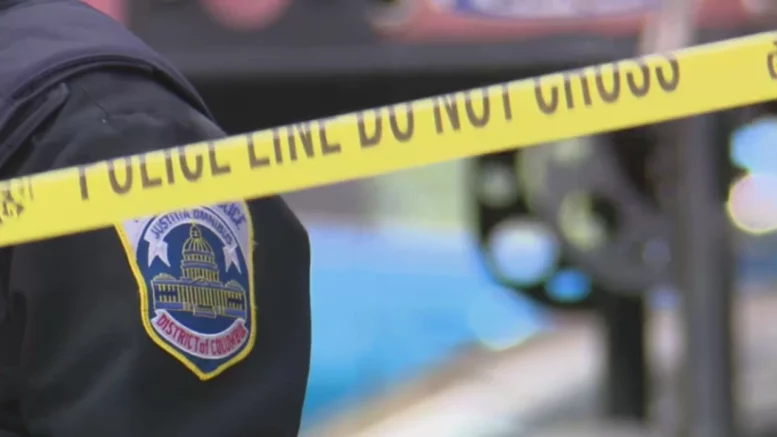The Secure DC Omnibus Amendment Act of 2024 achieved unanimous approval from the D.C. Council on Tuesday evening, marking a significant step in addressing the escalating crime crisis within the District. The legislation, spearheaded by Mayor Muriel Bowser and Ward 2 Councilmember Brooke Pinto, aims to close perceived gaps in the existing legal framework to ensure greater accountability for offenders and bolster public safety measures.
Mayor Bowser emphasized the necessity of sending a clear message that individuals engaging in criminal activities will face repercussions, underscoring the urgent need for comprehensive legislative action. Pinto, the bill’s initiator, highlighted the alarming surge in violent crime and overall criminal activity witnessed in 2023, emphasizing the pressing need to quell fears of insecurity prevalent among residents.
The omnibus bill encompasses a range of provisions, including the elimination or extension of statutes of limitations for serious crimes, the extradition of misdemeanor arrest warrants, and an expanded definition of carjacking to facilitate more effective prosecution. Additionally, the legislation aims to strengthen gun control measures, criminalize directing retail theft, authorize police pursuit of imminent public threats, and introduce intervention programs for inmates to reduce recidivism rates.
Furthermore, the act seeks to enhance protections for vulnerable populations, including senior citizens, children, and victims of sexual abuse and domestic violence. Despite broad support for the bill’s objectives, concerns have been raised regarding potential disproportionate impacts on Black and brown communities. To address these apprehensions, certain provisions, such as criminalizing mask-wearing and permitting DNA sampling upon arrest, were removed from the legislation.
Councilmember McDuffie underscored the collective commitment to enhancing public safety while acknowledging the imperative to address systemic inequities. However, some stakeholders, like community organizer Frankie Seabron, remain dissatisfied, arguing that the bill fails to address underlying societal harms adequately.
The passage of the bill represents the initial step in a legislative process, with further readings and votes anticipated in the coming weeks. This iterative approach allows for continued dialogue and refinement of the legislation to ensure its alignment with community needs and aspirations.

